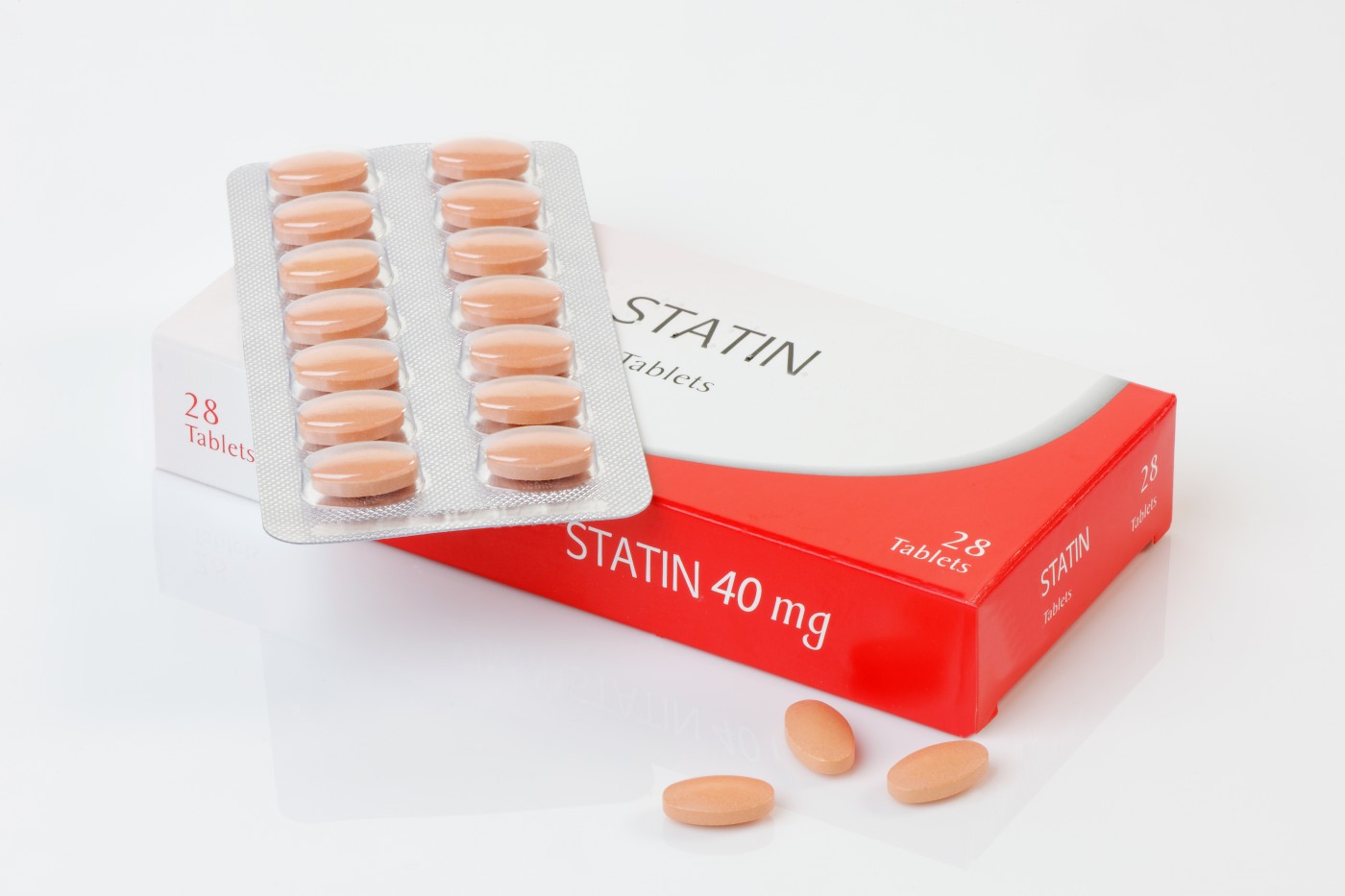Statins Therapy in Multiple Sclerosis Yields Controversial Results
Written by |

 Researchers at the IRCCS Centro Neurolesi “Bonino-Pulejo” and the University of Messina in Italy have performed a review on the immunomodulatory activity reported for statins in the treatment of multiple sclerosis (MS) and on clinical trial results. The study was published in the journal Pharmacological Research and is entitled “Role of statins in the treatment of multiple sclerosis.”
Researchers at the IRCCS Centro Neurolesi “Bonino-Pulejo” and the University of Messina in Italy have performed a review on the immunomodulatory activity reported for statins in the treatment of multiple sclerosis (MS) and on clinical trial results. The study was published in the journal Pharmacological Research and is entitled “Role of statins in the treatment of multiple sclerosis.”
Statins are approved by the Food and Drug Administration (FDA) as a medication for hypercholesterolemia (high cholesterol levels) due to their ability to inhibit cholesterol biosynthesis. Statins have also been shown to have immunomodulatory and anti-inflammatory properties, making them an attractive therapeutic option for immune-mediated disorders as is the case of MS. Multiple sclerosis is a progressive neurodegenerative disorder that results from an attack on the central nervous system (brain, spinal cord and optical nerves) by the body’s own immune system, causing inflammation, damage to the myelin layer that covers and protects neurons and irreversible neurological disability.
Previous studies conducted in vitro and in animal models showed evidence that statins also have potential neuroprotective properties, although the mechanism behind it is poorly understood. Based on these three particular properties of statins — immunomodulatory, anti-inflammatory and neuroprotective — they have been tested in clinical trials as a therapy for MS, either alone or in combination with interferon-beta. Unfortunately, the translation of the results obtained in animal models with statins yielded conflicting results in human clinical trials.
[adrotate group=”4″]
Researchers found that some clinical trial studies indicated oral statins were only partially effective as a monotherapy in the treatment of relapsing-remitting MS. When tested in combination with interferon-beta, some studies found an increase in clinical disease activity, relapses and new lesions in the brain. Other studies, however, have reported that the combination therapy of statin and interferon-beta had no effect on relapse rate, neither on the development of brain lesions in patients with relapsing-remitting MS. Yet, other studies found that statins offer clinical benefits in comparison with interferon-beta treatment alone, namely in the number of relapses and lesions in MS patients.
The research team concluded that the therapeutic combination of statins plus interferon-beta is apparently well-tolerated and safe but could not find decisive proof that the concomitant administration of statins and interferon-beta improves remitting-relapsing MS disease outcomes in comparison to treatment with interferon-beta only.
The research team suggests that further large, prospective, randomized, double-blind, placebo-controlled trials should be conducted to assess and provide definitive proof of whether statins are effective, either as monotherapy or combined with interferon-beta, as a therapy for MS.


